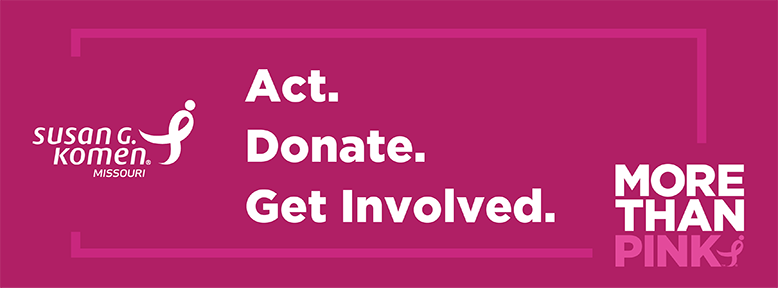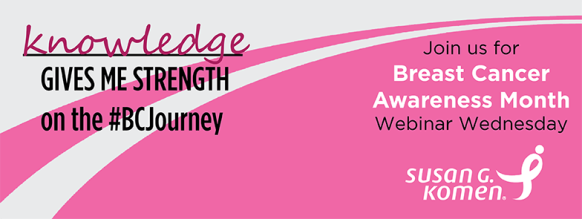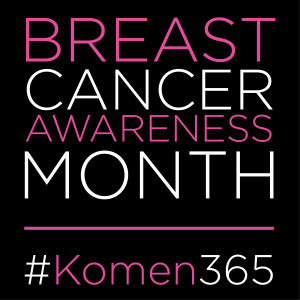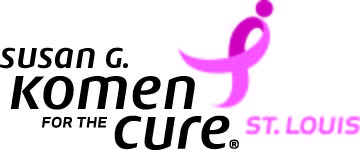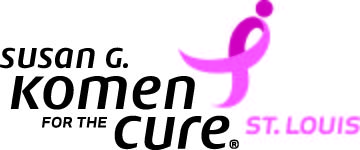
The Breast Cancer Screening and Education Program at Mercy Health Foundation of St. Louis works with community agencies to help identify and schedule uninsured and underinsured, low-income women for breast screenings.
The program provides free mammograms and clinical breast exams, and educates about breast self-awareness at Mercy Breast Centers and in local communities through a mammography van. During screening events, a Nurse Navigator/Nurse Practitioner provides clinical breast exams, educates and provides care.
Angela Ruppel, the program’s project director and manager, explains that Susan G. Komen Missouri, “provides funding for mammograms and breast health services, clinical breast exams, breast self-awareness education and the availability of a mammography van and Nurse Navigators/Nurse Practitioners to assist and coordinate care for the uninsured and underinsured women in the community.”
Angela recalls a patient referred to the program who was “an uninsured 33-year old…single mom raising two children, working part time and going to school full time.”
The patient discovered a lump and was scheduled for a breast exam by Nurse Navigators/Nurse Practitioners, and then had a diagnostic mammogram and ultrasound.
“Due to this program and generous funds from Komen Missouri, the patient was able to have her diagnostic testing completed, which showed two solid masses,” says Angela.
The patient was scheduled for a consultation and had a breast biopsy. She was positive for invasive ductal carcinoma, underwent a double mastectomy and breast reconstruction. Angela says this woman “now has continued with her schooling and has hope for the future for both her and her family.”
This is the 13th year of Komen Missouri funding for this program.
Susan G. Komen Missouri’s community grants help fund local breast cancer screening, breast health education and patient navigation and support services for those in our community who otherwise may not have access due to low income, lack of insurance or other barriers.
